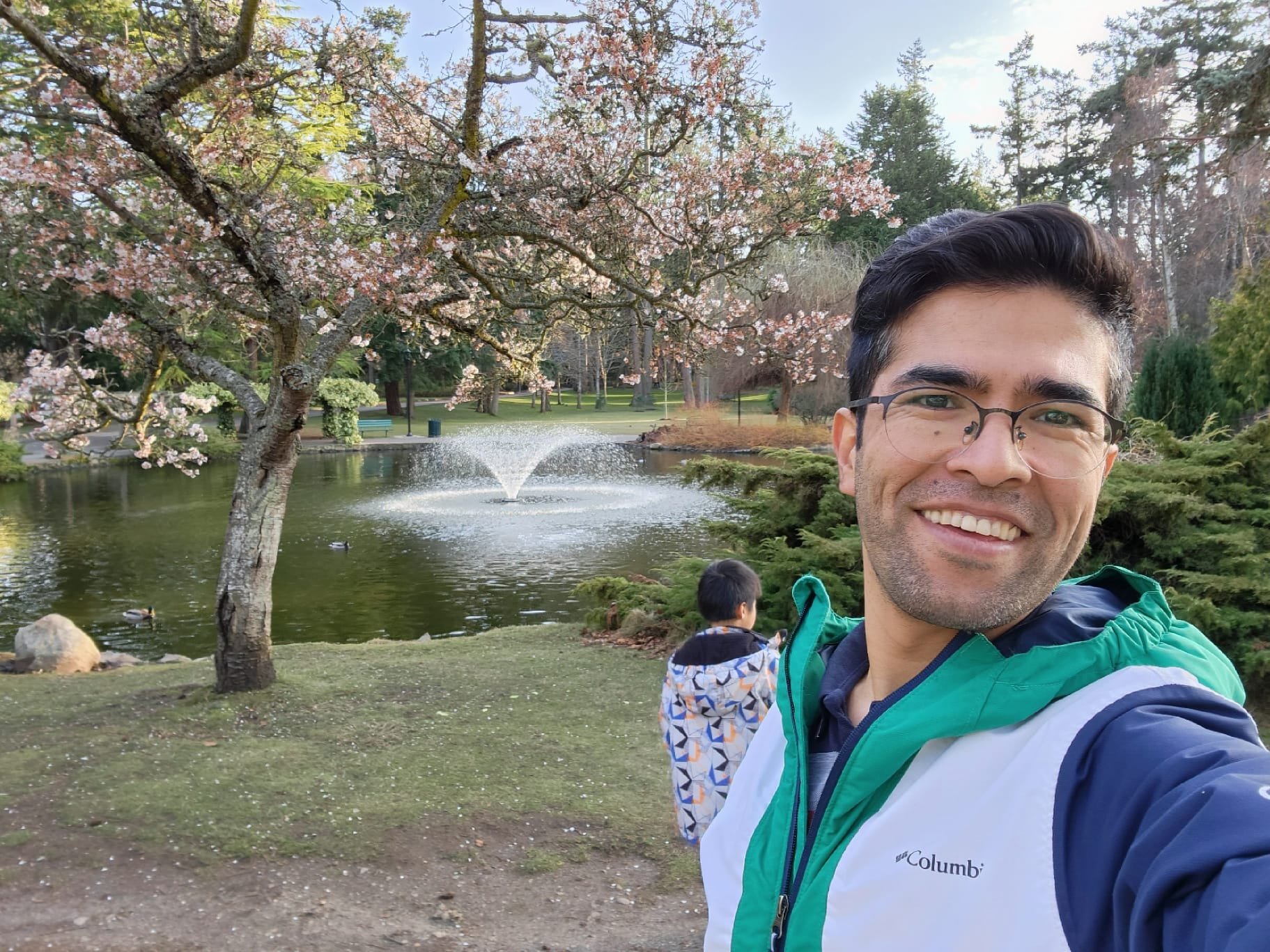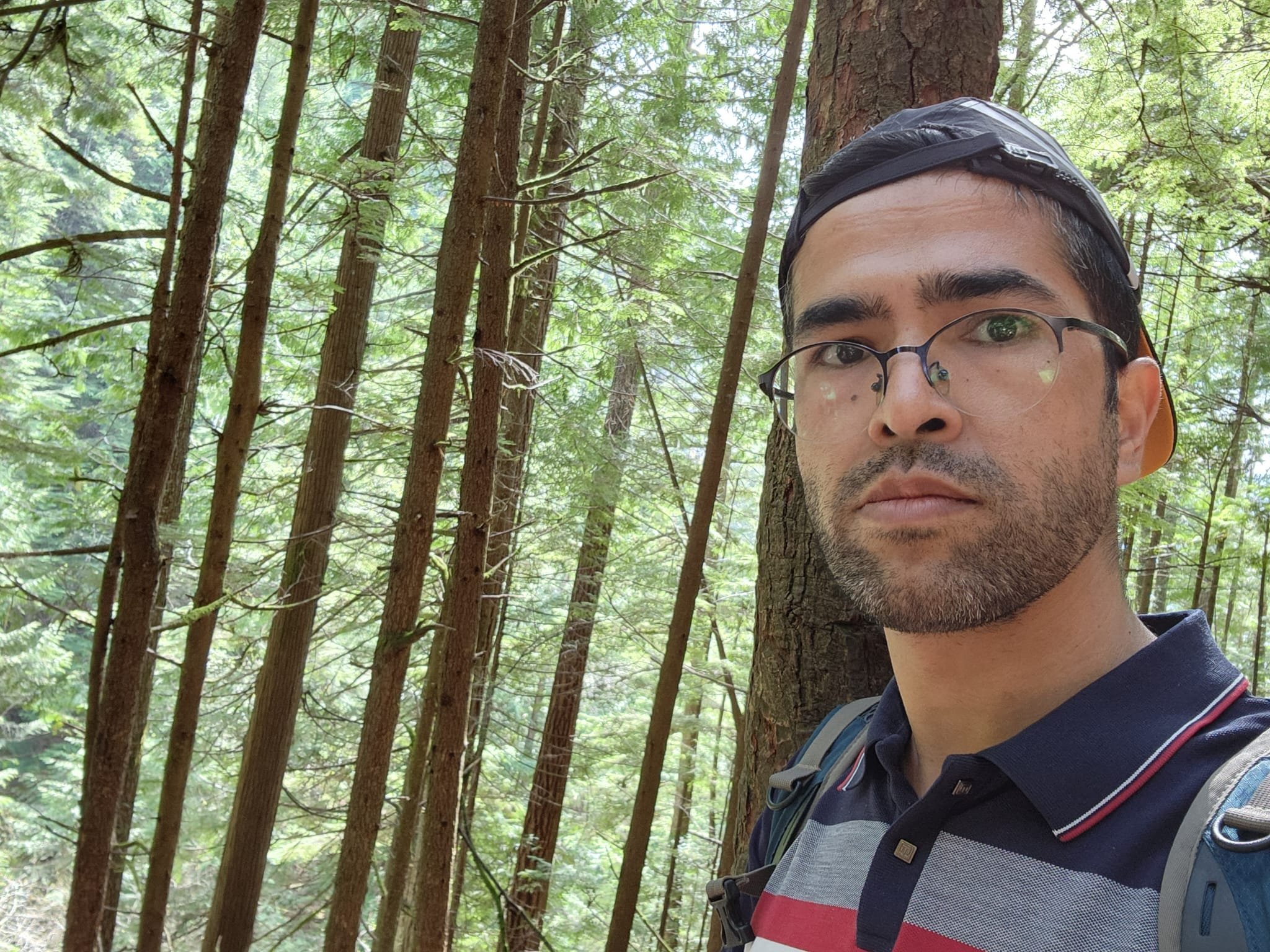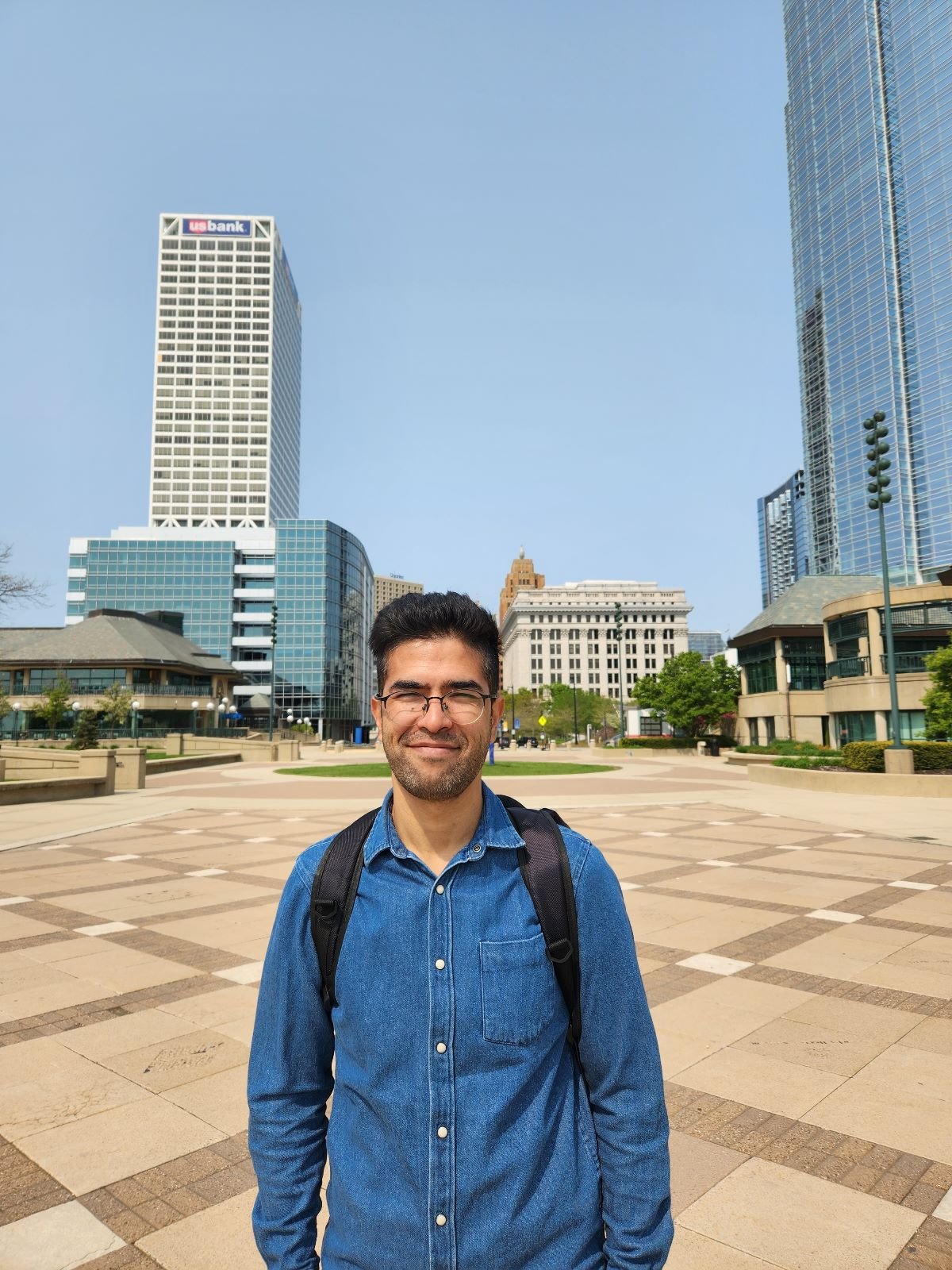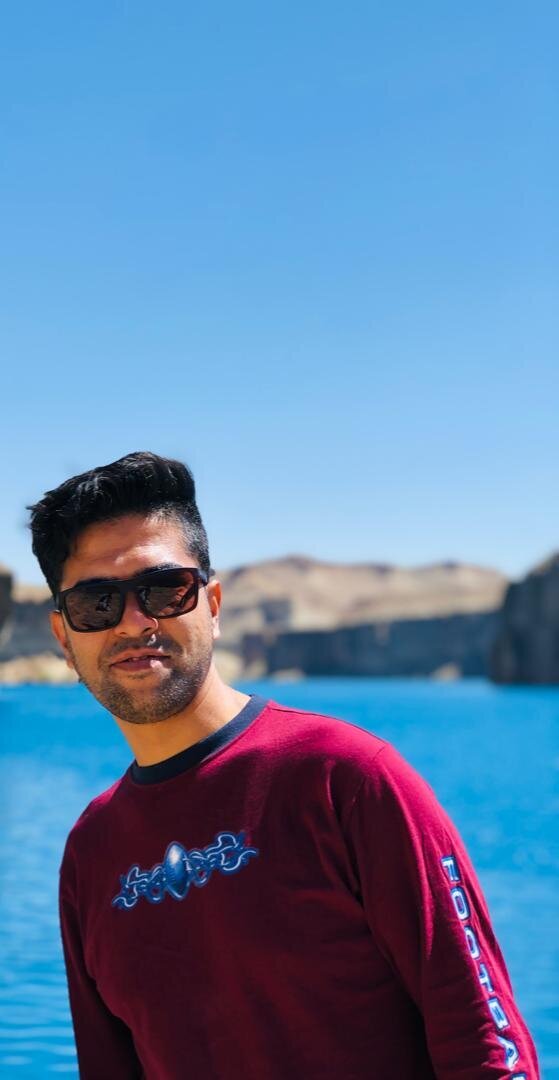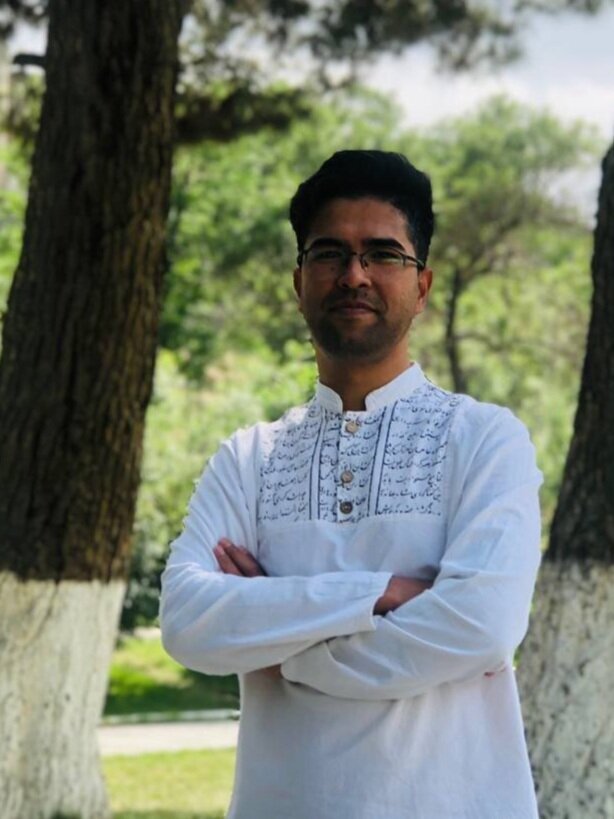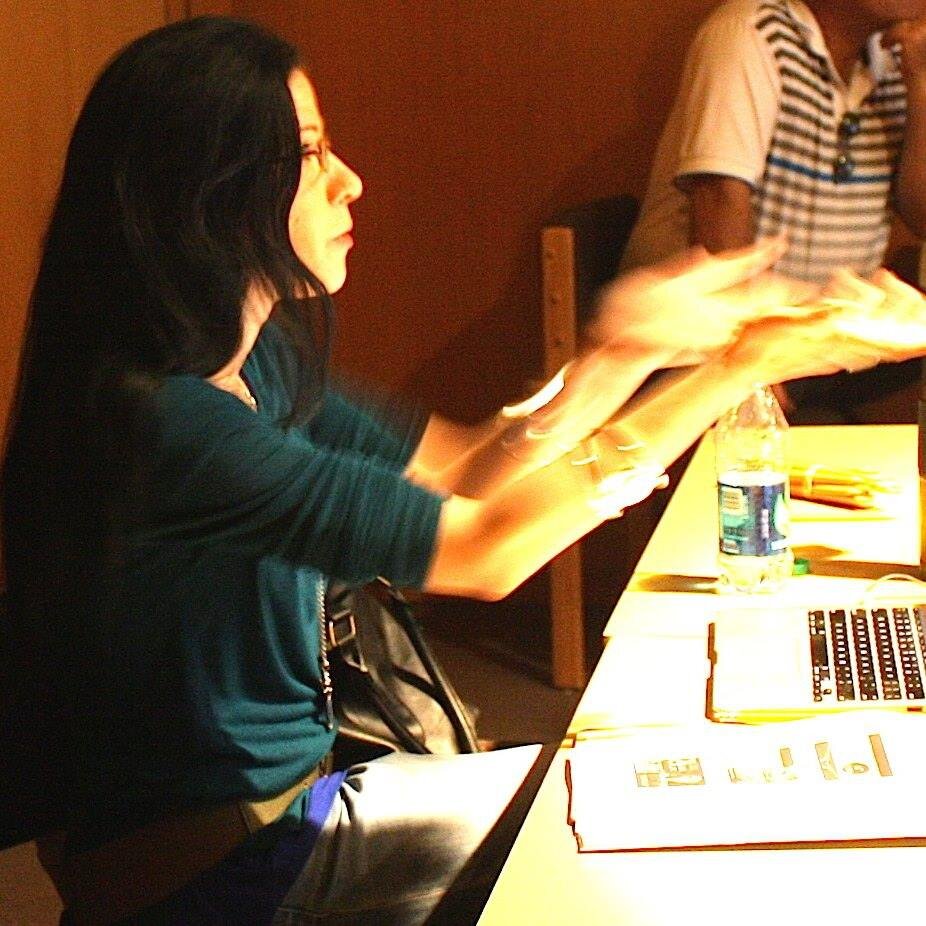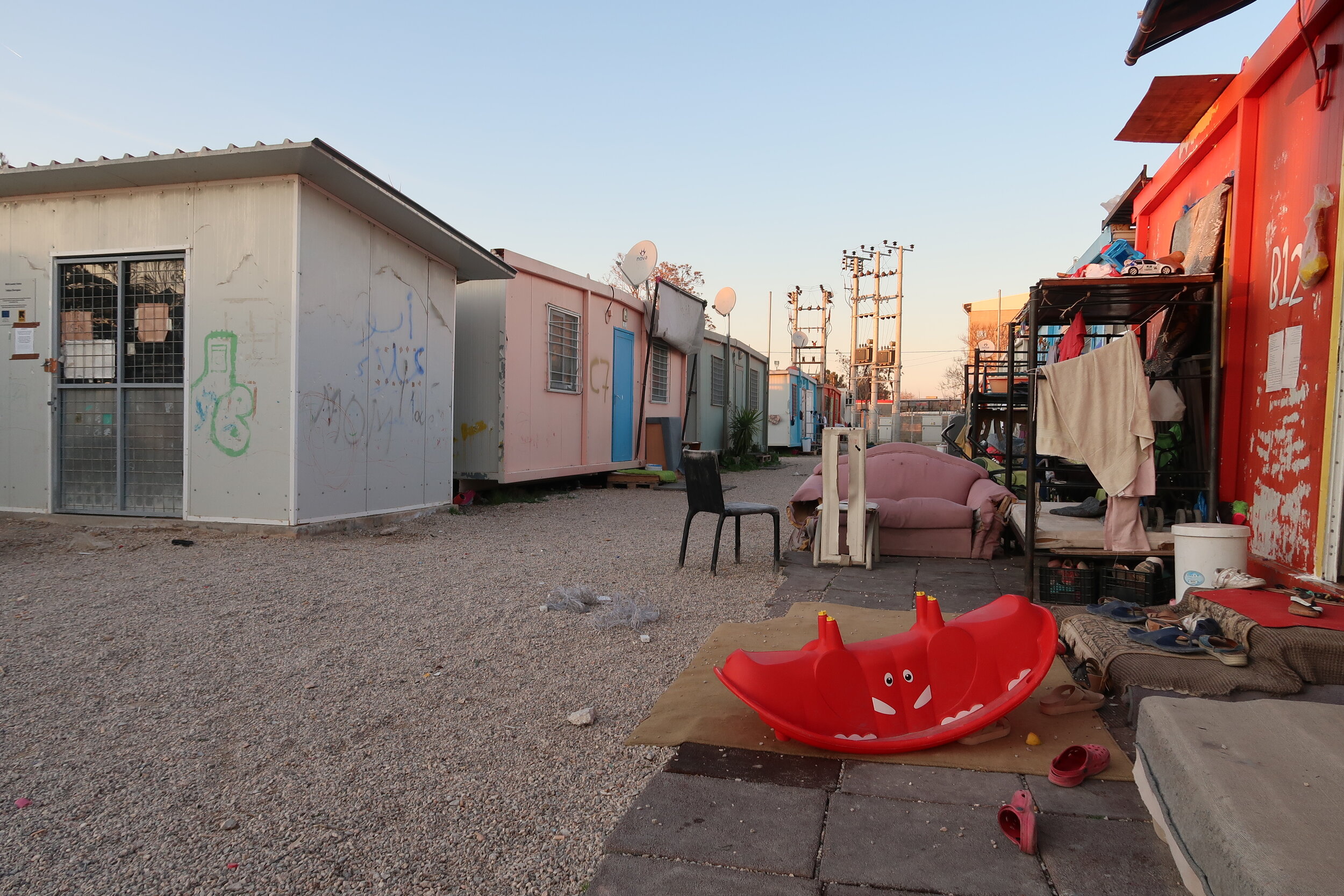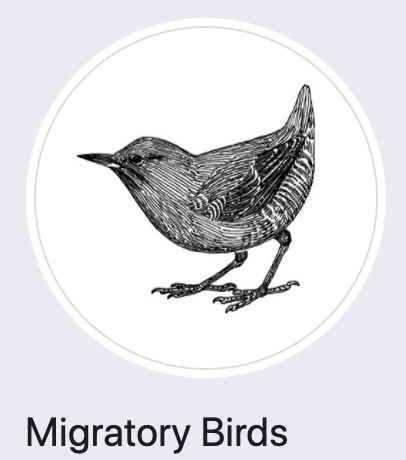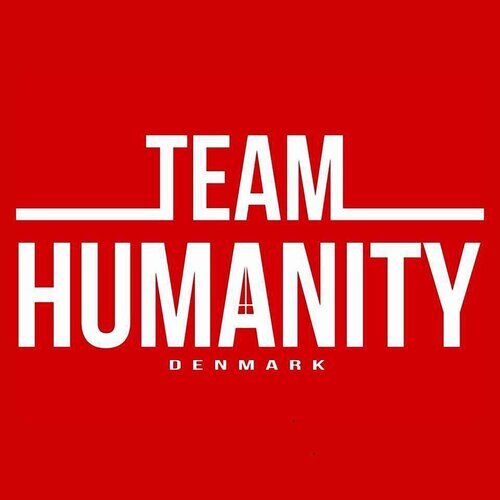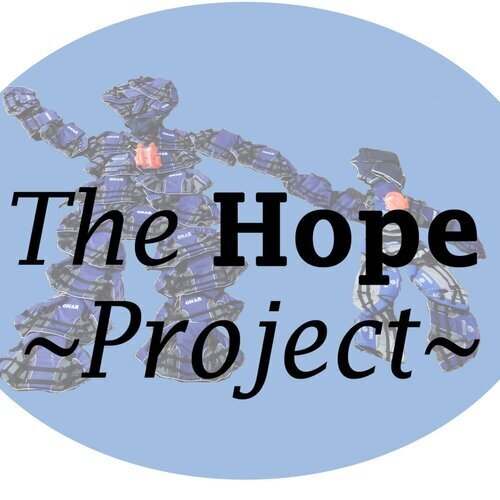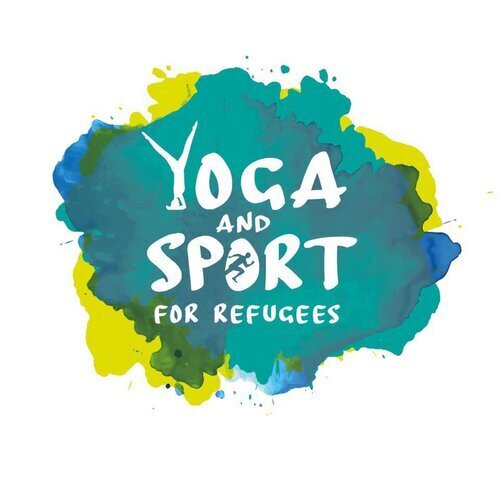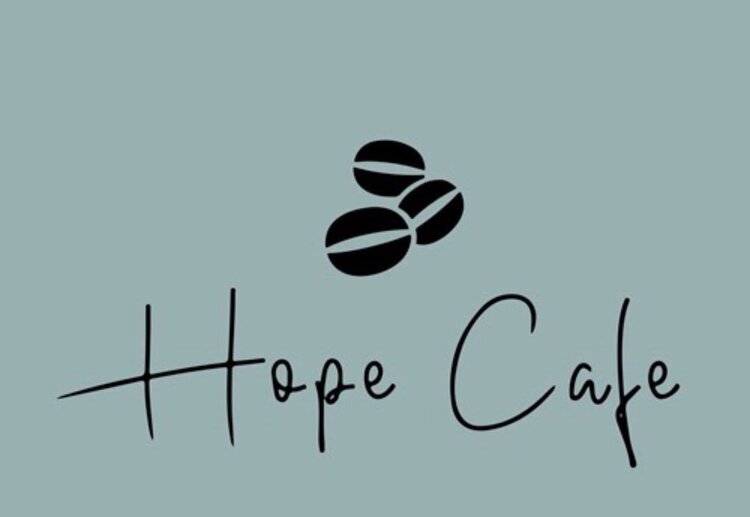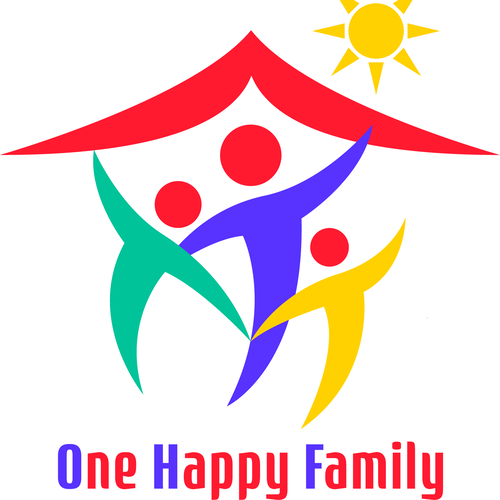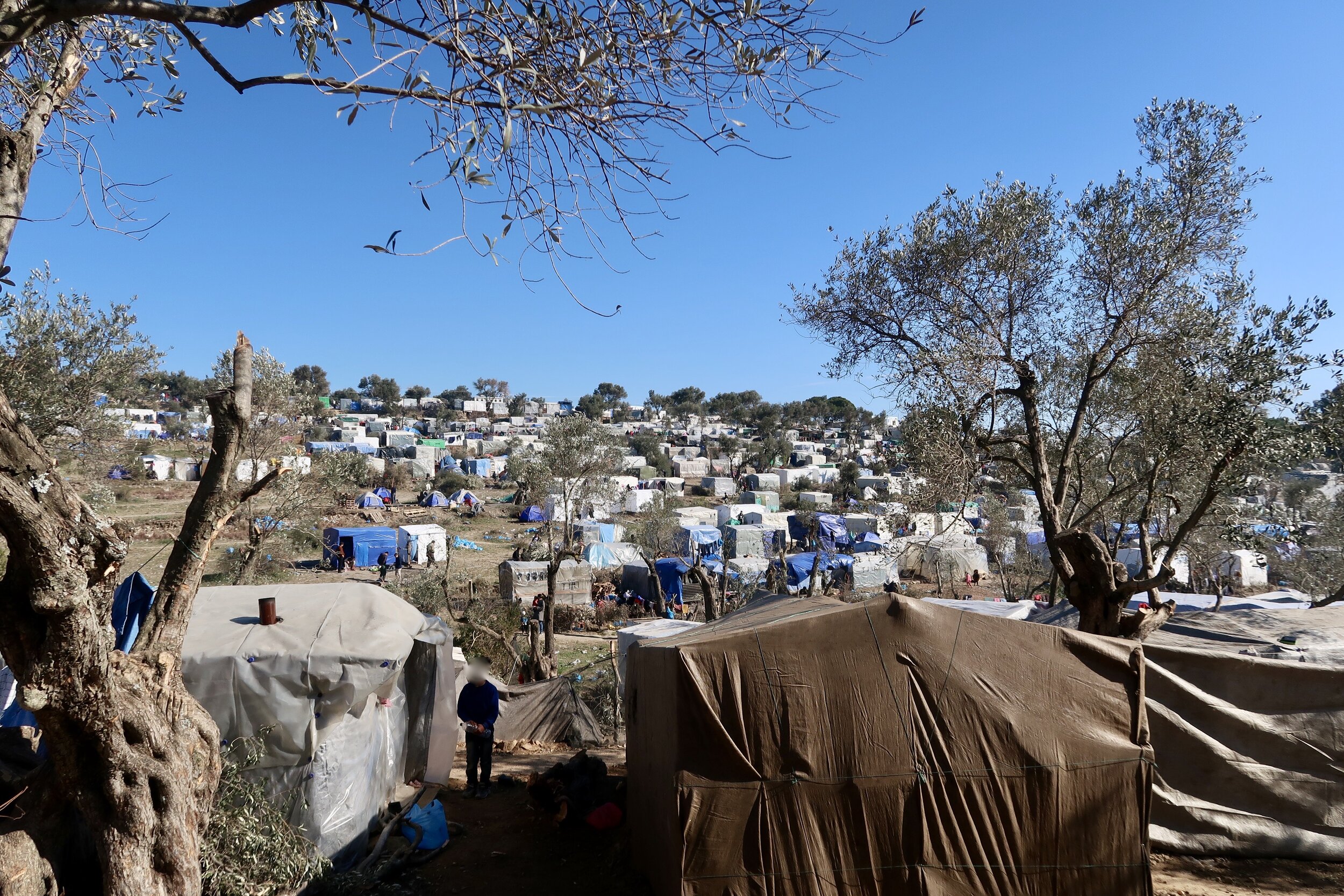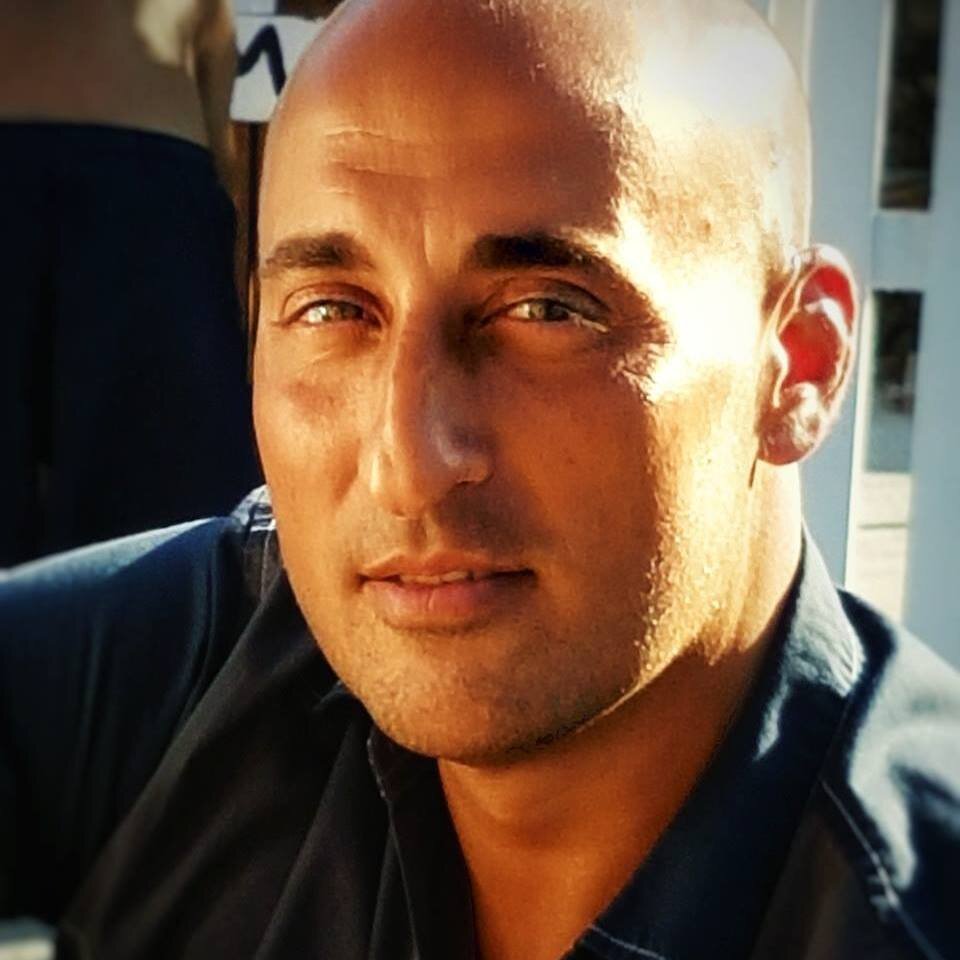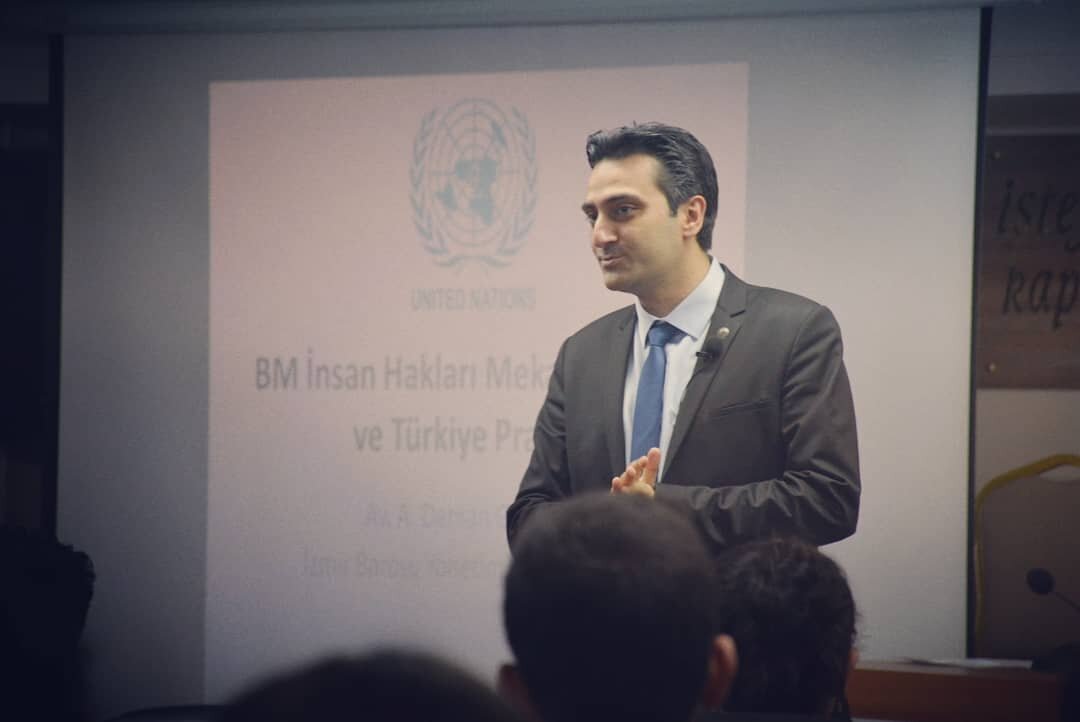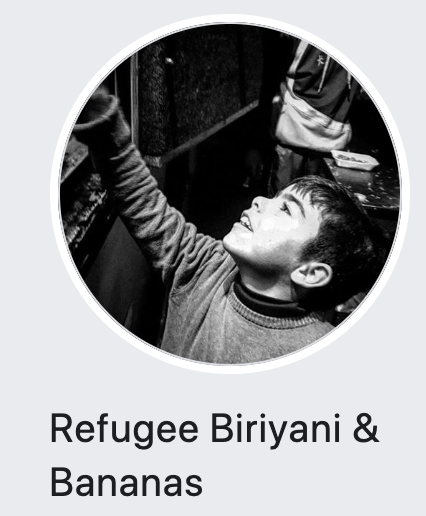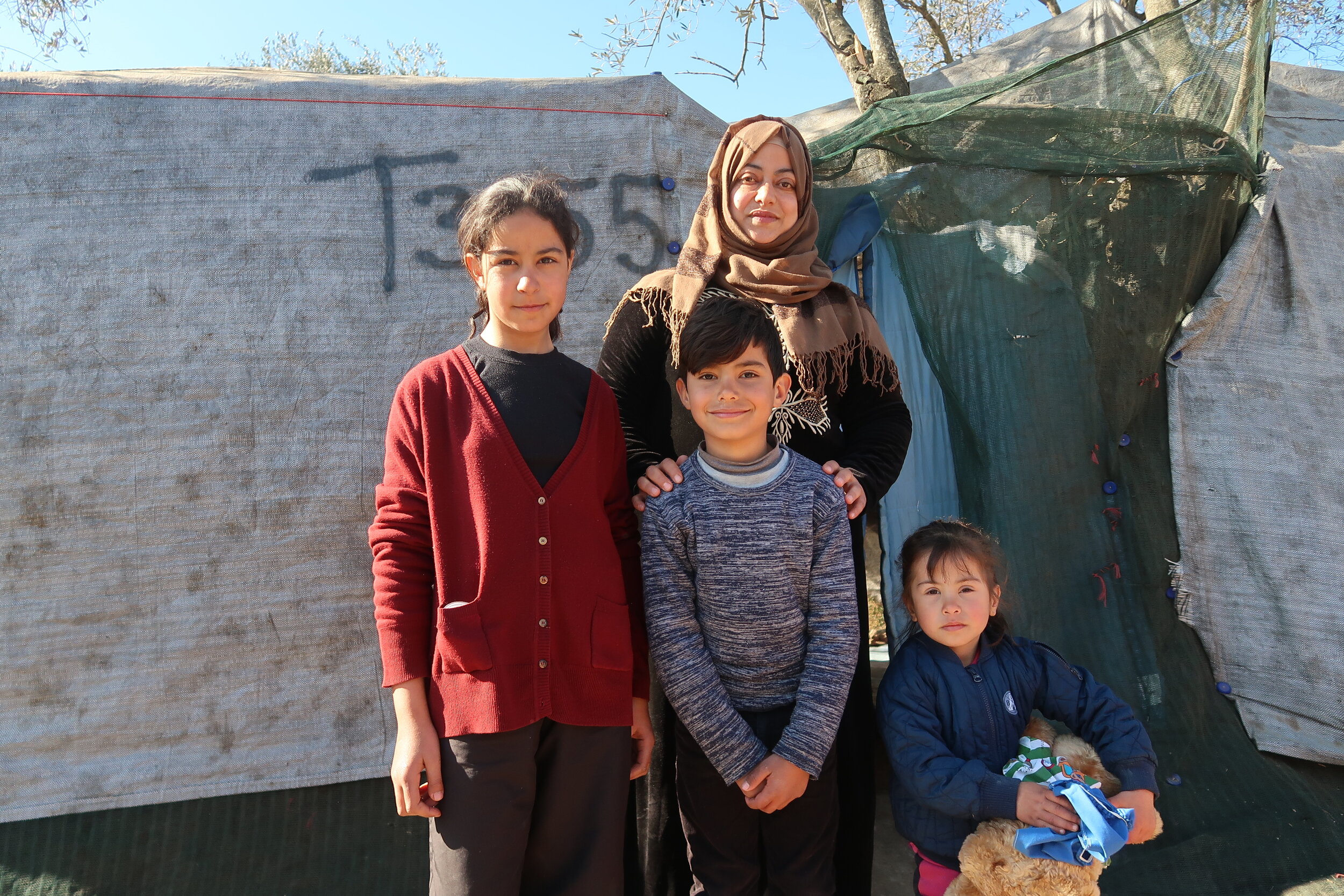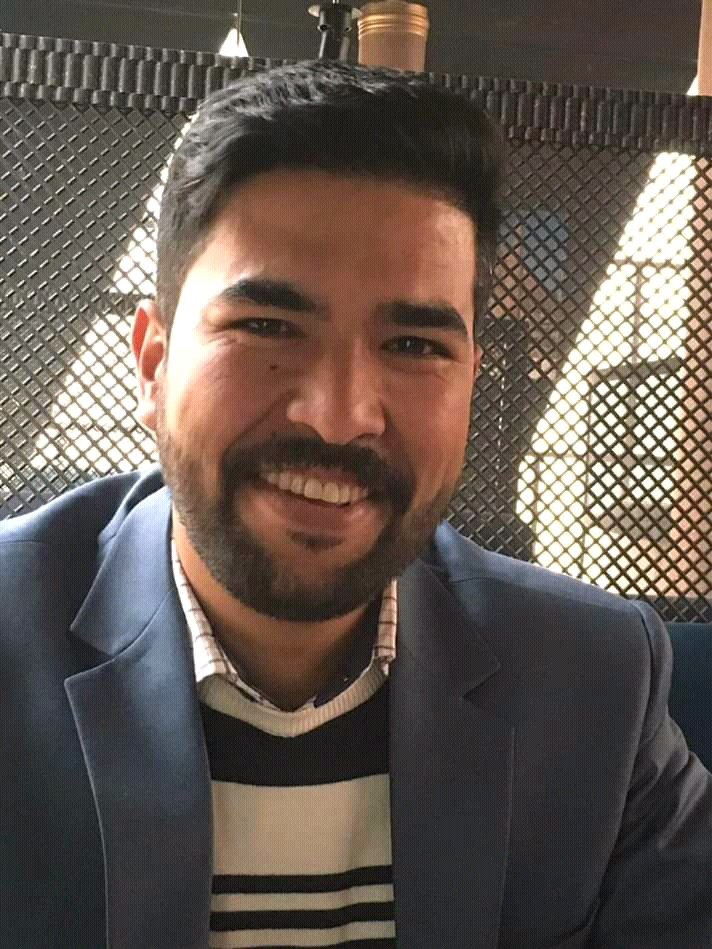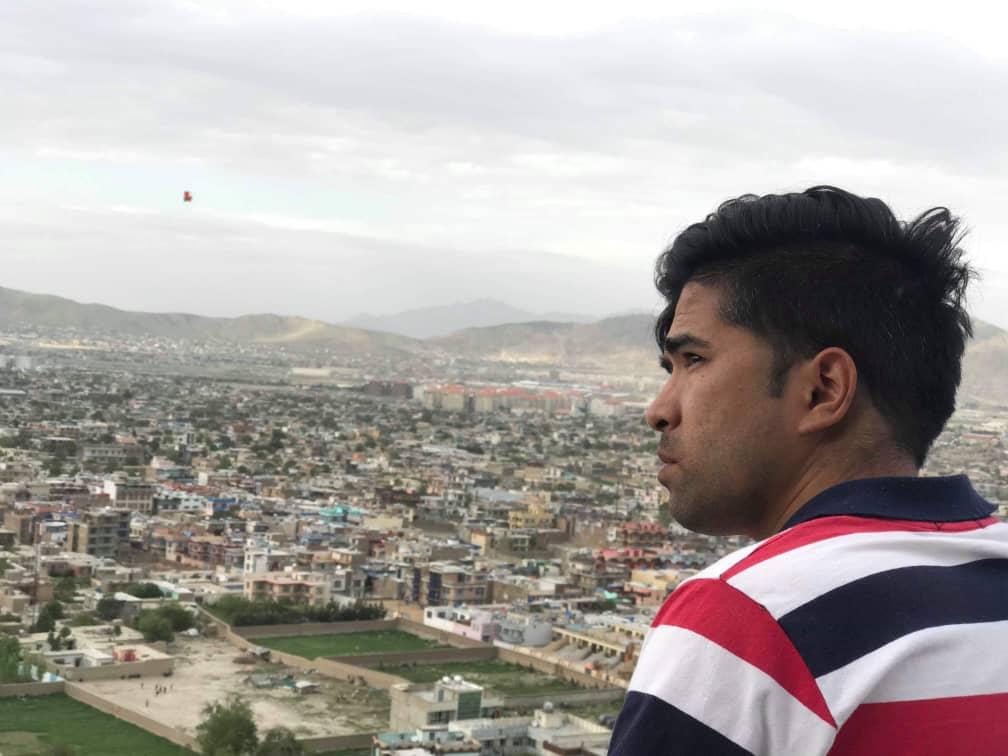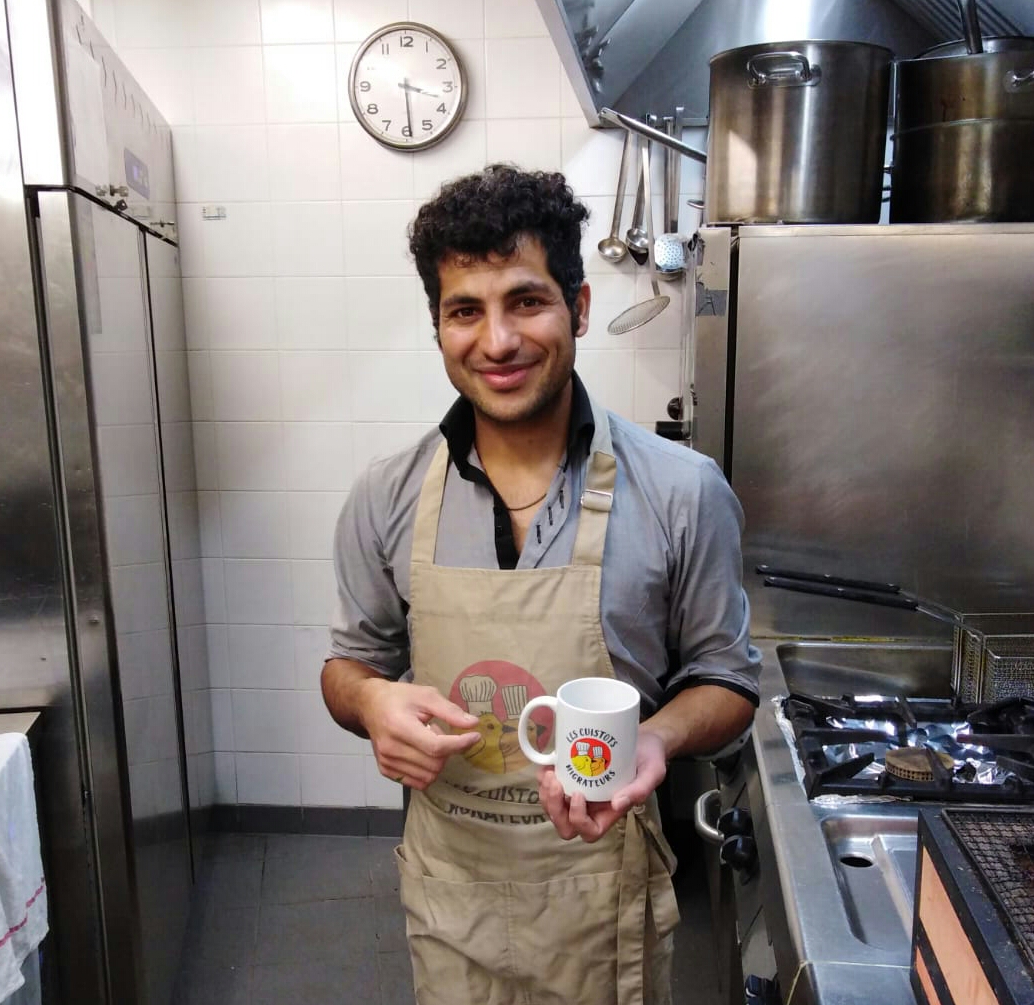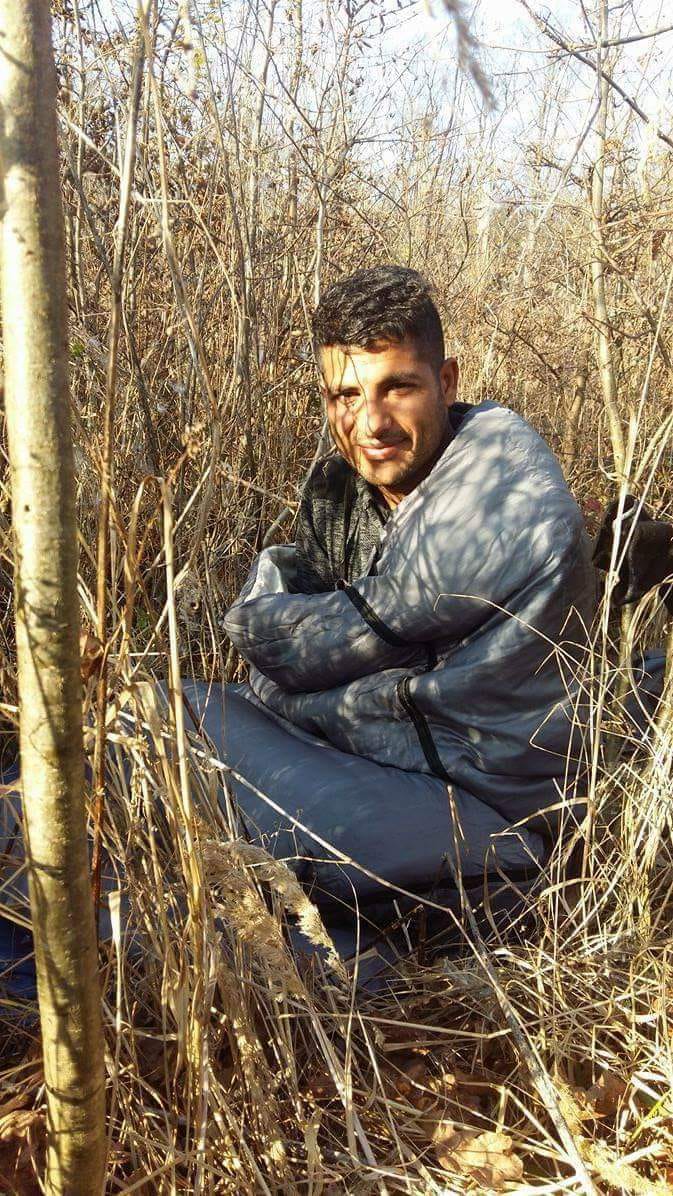This is the second of a two-part series about Basir Bita’s escape from Afghanistan after the US withdrawal in August, 2021. In this second half of his story, Basir shares his experiences getting from Pakistan to Canada, the challenges of adjusting to a new culture, the double-standards in Western moralizing, and navigating the prejudices and stereotypes that refugees often face. Be sure to listen to part one, about the fall of Kabul and about his family’s escape from Afghanistan after the US withdrawal in August of 2021.
Also be sure to listen to our interview with Afghan photographer and interpreter Abdul Saboor, who escaped overland to France.
And our field reports and interviews with refugees in Greece.
105: Abandoned in Afghanistan (1 of 2)
On August 30th 2021, the US and its coalition partners ended their nearly twenty-year occupation of Afghanistan. Two weeks before they left, the Taliban swept across the country taking major urban centers, including Kabul. As embassies were abandoned, and as Afghans government officials fled the country, those Afghan citizens who had worked with the occupying forces faced the very real prospect of execution by the Taliban as collaborators. Yet, just Afghan interpreters had been abandoned in years past, many were left behind when the last US flight left the country. Now they, and the millions of Afghans who never had any hope of being evacuated to begin with, were left to scramble for their survival.
Basir Bita last appeared on Latitude Adjustment Podcast just two weeks before the Taliban takeover of Kabul, and a month before US and international forces left the country. Though he and his family had been issued a visa for his work with the Canadian government, they were left behind. This episode is the first of a two-part series in which Basir recounts what happened next.
Also, be sure to listen to our last episode with Basir, before the fall of Kabul.
Our interview with Afghan photographer and interpreter Abdul Saboor, who escaped overland to France.
And our field reports and interviews with refugees in Greece.
87: Will We Just Forget Afghanistan?
As the formal US occupation of Afghanistan comes to an ignominious close, human rights defender Basir Bita joins us again from Kabul. We discuss the recent offensive by the Taliban that has seen it taking large swathes of the country, the varied interests and involvement of the key international players in Afghanistan’s present and future, and perhaps most critically, the legacy of US abandonment of those Afghans who have put their lives on the line to aid its two decades of foreign occupation.
And for US citizens, this document has all the info you need concerning whom to call in Washington, and even a script for what you need to say to them to help evacuate as many Afghans as possible.
We can throw our hands up and wish that somebody would make things better, or we can be those people right now, today. The choice is yours. Let's move!
Also Recommended by Our Guest:
83: The Hazara and the US Afghanistan Withdrawal
On May 8th, 85 people were killed in a bomb attack near a school in Kabul. Many of those killed were young women. The bomb was detonated in a part of Kabul that is home to the Hazara, an Afghan minority group that has been a frequent target of attacks, including a massacre in a maternity war last year that killed 24 people. The Hazara are a predominantly Shia-Muslim ethnic minority in Afghanistan, and a community that has suffered a long history of brutal persecution and oppression.
Previous guest, and nonviolence activist, Basir Bita joins us again from Kabul, Afghanistan, but this time we’ll be talking about his community, the Hazara, and about the personal impact that the May 8th attack had on him and on his family. Be sure to check out our previous interview with Basir in Episode 39.
For additional reading about the history and contemporary issues facing the Hazara community, be sure to check out this article from MinorityRights.org.
Additional Resources Recommended by our Guest:
Revisited: Episode 18 - Escape from Afghanistan
This re-release episode closes with a short update interview with Abdul, completed in November of 2020. The original show was published in December of 2018.
The update-interview starts at 59:18.
Abdul Saboor worked with the US military in Afghanistan before having to flee the country after receiving death threats and having several friends and family members killed by the Taliban. What followed was an overland odyssey across Pakistan, Iran, Turkey, the Balkans, and back and forth across the EU, until he was able to claim asylum in France, where he currently lives. Along the way he endured prison, forced labor, beatings, deportations, and kidnapping. His is one of the more remarkable stories of resilience that I have come across in my years of traveling and working in the Middle East and anywhere else in the world. And he’s an amazing photographer.
We were connected by the people at No Name Kitchen, a Spanish NGO that provides food, sleeping bags and supplies, and a community space for the growing numbers of refugees stuck in Serbia and more recently in Bosnia.
Abdul recommends that you support the following organizations working in Calais:
The Wood Yard
Refugee Community Kitchen
L'Auberge des Migrants
70: The Terrorism Discourse
For all of the movies, books, and policy debates on the topic, and given that the largest, most expensive, and longest hot war in US history is being waged in its name, why isn’t there a coherent and consistent definition for Terrorism? Get ready to rethink everything you think you know about this word and its application.
Our guest is visual anthropologist Amanda Rogers PhD, a specialist in analyzing the propaganda of Islamic State.
Host’s closing remarks at 1:16:14
Episode 60: Refugee Crisis in Greece - Aid
This is the final episode of a four-part series on the refugee crisis in Greece, undertaken in collaboration with Croatian NGO, Are You Syrious. This episode features a range of perspectives from locals, internationals, volunteers, and founders on Lesvos and in Athens, including:
Douglas Herman from Refocus Media Labs; Lesvos (7:14)
Eric Kempson from the Hope Project; Lesvos (1:10:51)
Salam Aldeen from Team Humanity; Lesvos (1:36:44)
Myrto Symeonidou from Migratory Birds; Athens (2:01:49)
Mania and Mado from Network for Children’s Rights; Athens (2:22:42)
Clockwise from top left: Malakasa, Skaramagas, and Elionas refugee camps, near Athens; Moria Refugee Camp, Lesvos, Greece
Organizations we recommend supporting…
Episode 57: Special Report from Greece and Turkey
Much has changed in recent weeks since we left Greece, and before bringing you the personal testimonies and field interviews that we gathered from refugees, volunteers, Greek citizens, and stakeholders during our time in Lesvos and Athens in January and February, we wanted to touch base with some people on the ground in Greece and Turkey to get up to speed on the fast-changing situation in and between these countries.
In 2016, in response to the growing alarm at the continuing movement of peoples towards Europe, the European Union struck the so called EU-Turkey Deal, effectively promising to pay Turkey approximately 6 billion Euros to contain the flow of people to within its borders. Turkey now leads the world hosting a refugee population of more than 4 million people, 3.7 million of them from Syria. At the end of February president Erdogan ordered Turkish border police to stand down resulting in a rush on Greece’s land and maritime borders, and enflaming what was already a highly tense situation in the Greek islands.
Douglas Herman a journalist and co-founder of Refocus Media Labs, a nonprofit organization that teaches media skills to asylum seekers. Douglas has been based on Lesvos for several years and more recently he’s been documenting the escalating situation on the island for a variety of news sources.
Deman Güler is a human rights attorney in Turkey and manages the Human Rights Center and Commission for Refugees for the İzmir Bar Association. Those familiar with the geography of the migratory routes will recognize Izmir as one of the principal staging areas for smugglers and for those trying to cross by sea to the Greek isles.
Are You Syrious is an indispensable resource for those trying to stay on top of policy changes and events on the ground along the migratory routes. an indispensable resource for those trying to stay on top of policy changes and events on the ground along the migratory routes.
This special podcast report is the first in a multipart podcast series covering the conditions of refugees and communities on the borders of the European Union and part of a collaborative project between Latitude Adjustment podcast and Croatian nonprofit Are You Syrious. Be sure to check out the Are You Syrious written accompaniment to this episode as well. This AYS special report is intended to provide a helpful timeline of events and offers more context for the podcast.
Correction: the initial publication of this podcast indicated that cases of COVID-19 had been reported on both Lesvos and Chios. However the case(s) on Chios are not yet confirmed, while it appears that one case has been reported in the general population on Lesvos.
Left to right: Moria Refugee Camp, Lesvos, Greece, Douglas Herman, and Deman Güler
Come for a three-minute walk through Moria Refugee Camp.
Organizations that we recommend supporting.
WE'RE COLLECTING INTERVIEWS IN THE FIELD. LOOK FOR OUR UPCOMING SERIES.
And follow our journey on Instagram as we collaborate with Are You Syrious to highlight the stories of refugees and communities along the borders of the European Union…
Episode 39: Afghanistan - Living With the US Occupation
Basir Bita spent his childhood as a refugee in Iran and moved back to Afghanistan in 2003, which means he has spent his entire adult life living under the US occupation. He currently lives in Kabul where he works as a peace activist and as a consultant monitoring and evaluating risk factors for corruption. We discuss the current peace talks between the US and the Taliban, and what he has learned talking to people from across Afghanistan’s ethnically diverse society.
Also be sure to check out our previous conversation with Abdoul Saboor who fled Afghanistan after threats from the Taliban and attacks on his family. His overland odyssey through Iran, Turkey, Eastern Europe and across the Balkans, to finally claim asylum in France, is one of the more remarkable stories I’ve encountered anywhere, and should put the ordeals of many Afghan refugees into a more human perspective.
Episode 18: Escape from Afghanistan to France
Abdul is a photographer from Afghanistan, where he worked with the US military before having to flee the country after death threats from the Taliban. What followed was an overland odyssey across Pakistan, Iran, Turkey, the Balkans, and back and forth across the EU, until he was able to claim asylum in France, where he currently lives. Along the way he endured prison, forced labor, beatings, deportations, and kidnapping. His is one of the more remarkable stories of resilience that I have come across in my years of traveling and working in the Middle East and anywhere else in the world.
We were connected by the people at No Name Kitchen, a Spanish NGO that provides food, sleeping bags and supplies, and a community space for the growing numbers of refugees stuck in Serbia and more recently in Bosnia.

